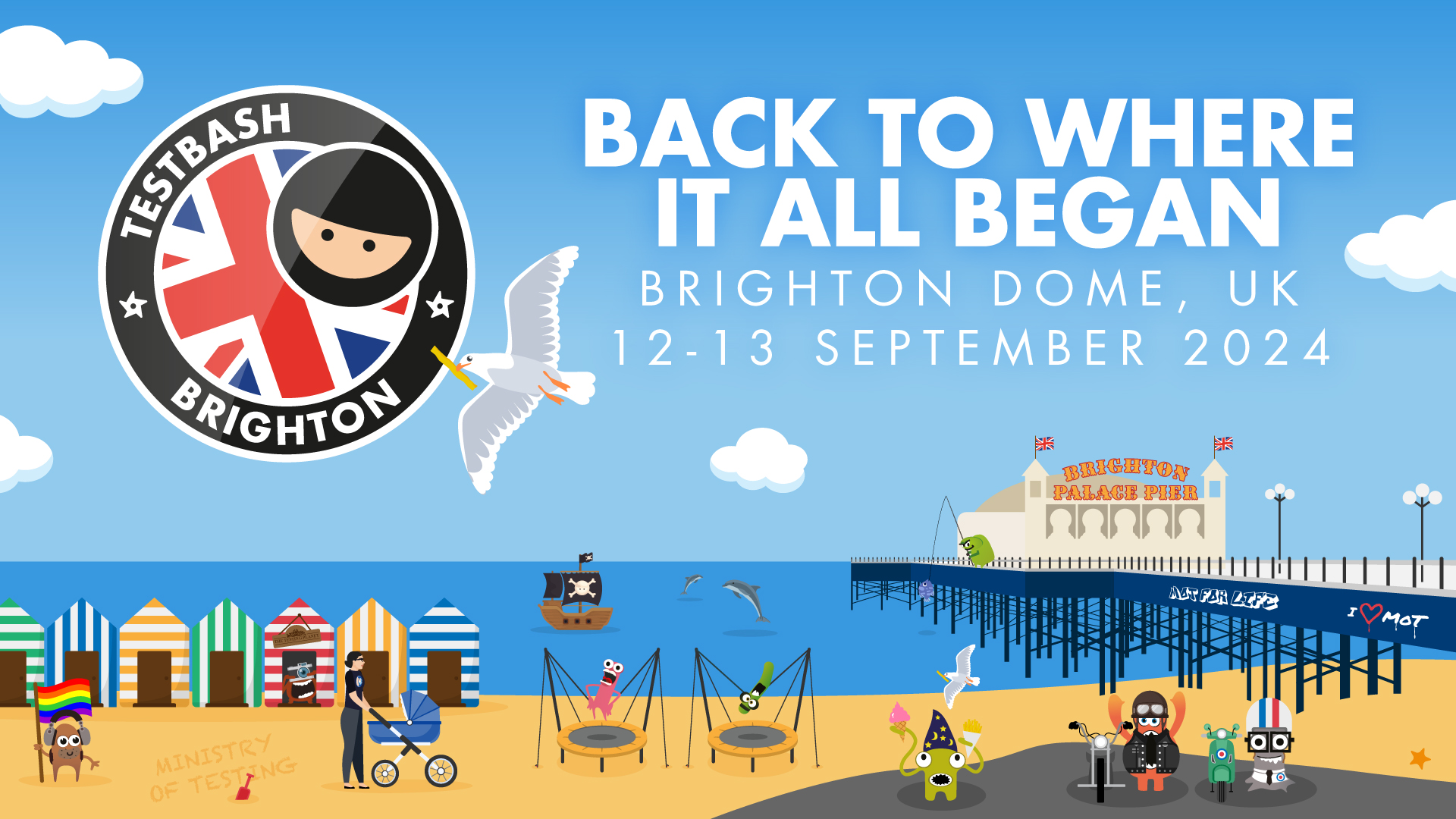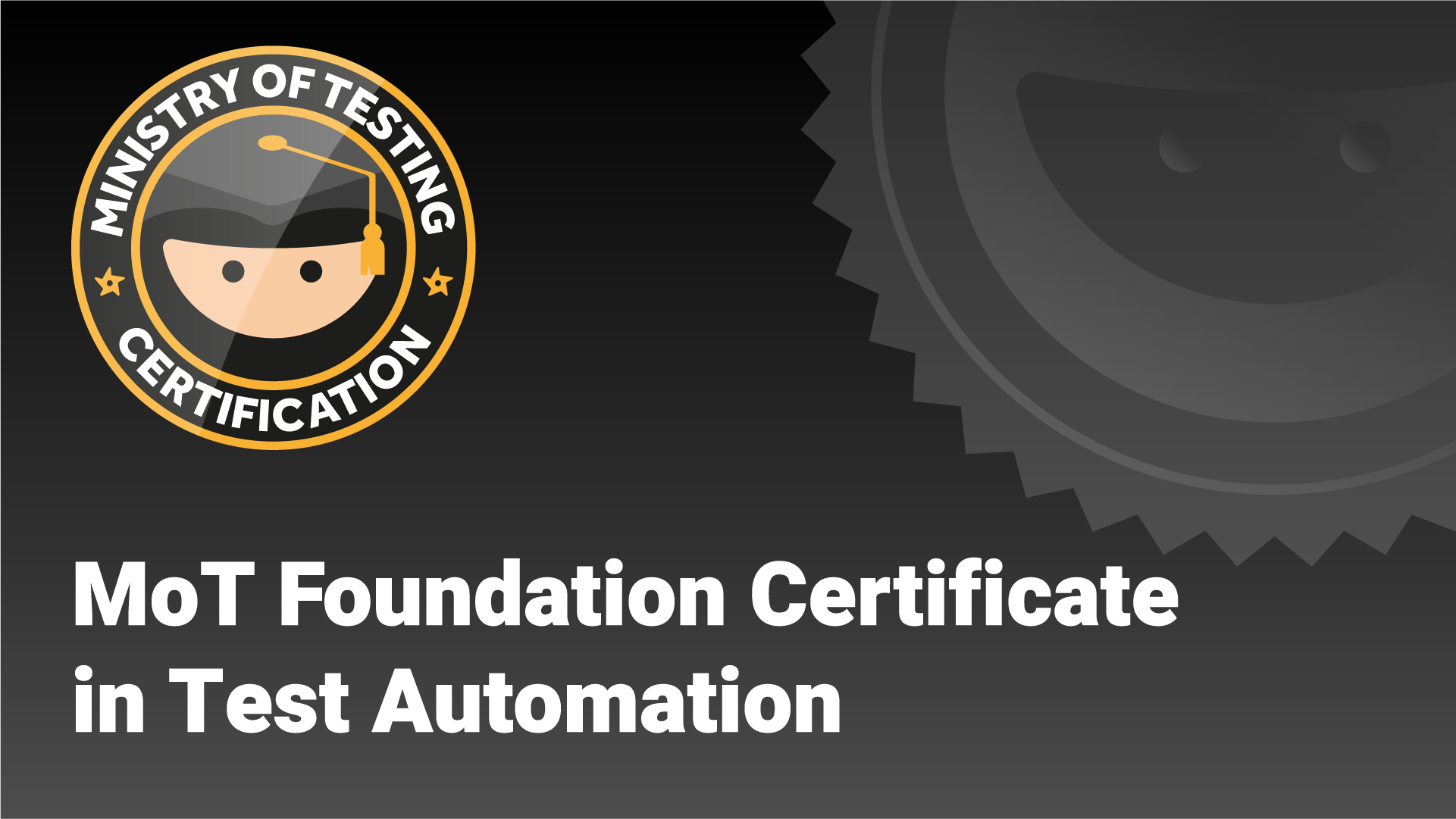 A red life form in a white coat with a stethoscope around their neck holding a test report on a clipboard
A red life form in a white coat with a stethoscope around their neck holding a test report on a clipboardBuilding A Foundation In Radiotherapy
How did I get from a career in radiotherapy to software testing? My journey started in 2014.
I worked as a radiotherapist for ten years. Five of those years were spent working directly with oncological patients, where I got to know a little bit about the lives of my patients and I became part of theirs. When you are diagnosed with a heavy disease like cancer, you enter a busy world of treatment, often including radiotherapy. Many patients face up to five weeks of daily treatment depending on the type of cancer they have and which body part is affected. All of this means that you, as the clinician, have to have excellent soft skills, such as empathy, attention to detail, and active listening. In the end, though, everyone, not just cancer patients, likes to be heard and feel understood.
In 2014, I was an assistant professor in radiology at a university in Portugal. That year, a new law was passed that required all university lecturers to have a Ph.D. or a specialist title. I had neither, and I was facing unemployment. With a one-year-old baby to raise, I didn’t want to be out of work or to give up the valuable experience I'd gained. I'd earned my achieve my master’s degree in Radiotherapy in 2013 and I'd published an article about quality assurance with regard to breast cancer treatment. Long story short, I didn’t want to think about abandoning radiotherapy.
Pivoting To Computer Science
So I put together a CV to apply for a Ph.D. in management. I even chose a mentor to guide me in the process. As I was doing that, my inner voice asked me “Is it worth it?” Do you want to go that path? And then there was my outside voice, my husband, who suggested to me, “You are good at math and computer science. Why don’t you apply for a computer science degree?” I told him no; I hated programming.
So there I was, about to enter a Ph.D program in management. At that point, despite my misgivings, I decided to pursue computer science instead.
I was glad I did. For the next three years, I found myself loving the computer science curriculum. I created a solid network with my teachers, who really liked my method and approach. And my previous experience as a teacher and a radiotherapist facilitated the learning process. I was able to work as a team with my colleagues, sharing knowledge and learning from their experiences as well. I used the knowledge gained from my career in radiotherapy as well as the computer science curriculum to achieve my goals, both to learn and to enter the IT job market. And I was happy to submit a final thesis that drew on all my experience: it dealt with creating an oncological database that connected private and public health centers.
Starting A Career In Software Testing
In 2017, while I was in my last year of the computer science program, I got my first job opportunity as a junior software tester. At that job, I embraced and quickly grasped the tools and processes, thanks to the programming languages and SQL I'd learned at the university. This helped me a great deal with troubleshooting. Not only that, but I was also able to use my soft skills of communication and empathy that I’d learned while working with radiology students and oncological patients.
For any team or company to succeed, good communication is key. So many quality assurance engineers struggle to evolve in their career because of a gap in their communication skills. You have to be able to share your ideas and advocate for your findings so that your team can understand you. Not just that, but a good quality assurance engineer should have a holistic mindset, to be able to see all the pieces of a puzzle AND to put it together.
At every company where I’ve worked, I have kept several things in mind. How can I help? What is my desired career path? I sought to identify training opportunities, like ISTQB CTFL. I also completed Certified Scrum Master (CSM) training and that was the cherry on the sundae. The CSM training bolstered soft skills I already had, and it's enhanced my ability to work on Agile teams.
How My Healthcare Background Supports My Work In Testing
Here's how my background in radiotherapy has enhanced my work in quality assurance. Most important: communication and empathy – people skills.
Communication: A Pillar Of QA Success
In radiotherapy, clear communication is literally of vital importance. And in quality assurance, clear communication fosters collaboration and ensures seamless interactions within QA teams.
Detail-Oriented Precision: A Shared Virtue
Detail-oriented precision is a virtue shared by both radiotherapy and QA. Consider how the meticulous attention to detail cultivated in the medical field becomes an invaluable asset in the QA realm. Attention to detail helps ensure thorough testing and comprehensive analysis.
Focus: Navigating Complexity in QA
Navigating the complexities of radiotherapy requires unwavering focus, a trait seamlessly transposed into the QA landscape. This quality enhances the QA professional's ability to discern nuances, ensuring the delivery of high-quality outcomes.
Observation: Connecting the Dots in QA
Observation, honed through years of working in radiotherapy, emerges as a powerful tool in the QA arsenal. Keen observation skills enable QA professionals to identify patterns, anticipate potential issues, and connect the dots between various elements in the testing process.
And write down your observations for future use. Something you observed today could come in handy for testing next week, next month, or next year.
Curiosity: Asking Questions As A Practice
Always be ready to ask more questions, even (or sometimes especially) when you think you've asked enough!
Compassion: Your Coworkers And You Will Make Mistakes
Keeping compassion at the forefront allows you to offer support. Instead of criticizing, ask your co-workers who might have missed something: how can I help you?
And if you feel that someone is taking an extra-long time to deliver on a task, try to find out if that person needs emotional support. I've taken time to understand and offer support several times in my QA career, and the result has been better connections with my peers. It doesn't cost anything to be kind and the benefit can be priceless.
Volunteering: Taking Chances On Something New
Volunteer for initiatives! It will give you an opportunity to get to know people at your organization with whom you don't work every day. And you can learn by listening to others' perspectives and experiences.
To Wrap Up
My background in radiotherapy helped me build the career and life I have now. And I'm happy to share my story in writing to help others improve their professional lives as QA engineers.
For More Information
- Quality Coaching: A Road Less Traveled, Mirza Sisic
- Lessons Learned From 20 Years Of Software Testing, Ady Stokes
- The Surprising Benefits of Exploring Other Disciplines and Industries, Conor Fitzgerald



